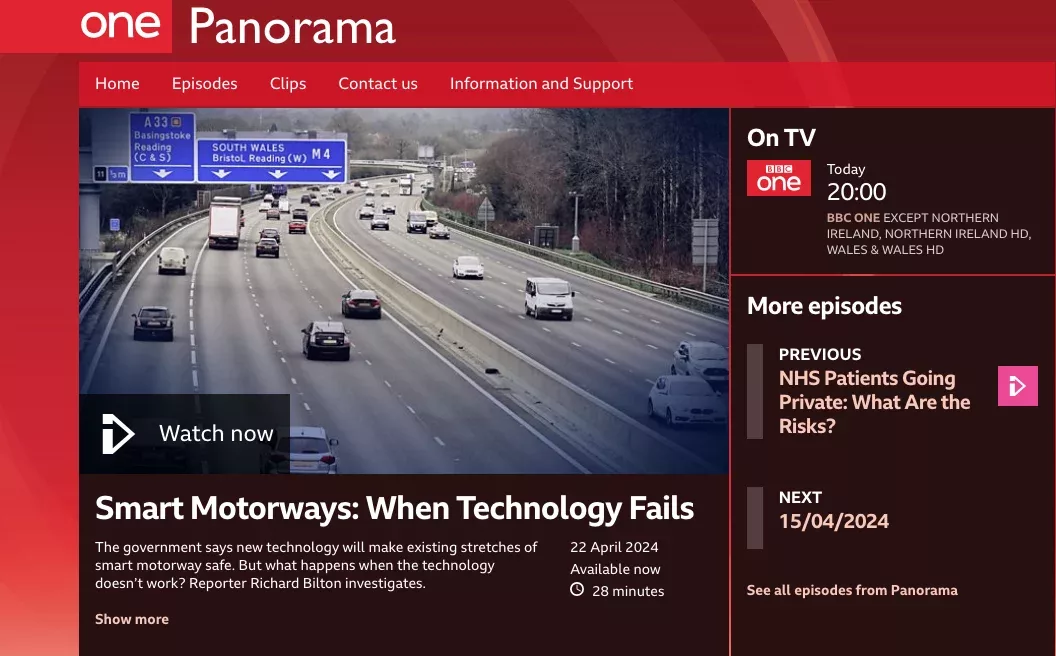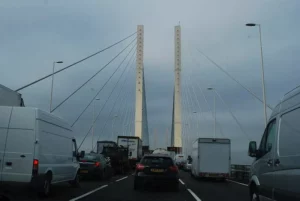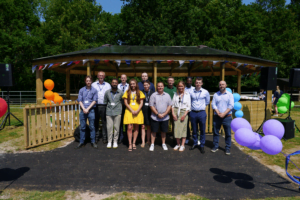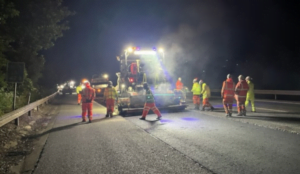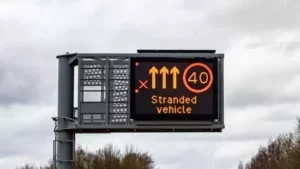National Highways have issued a strongly worded statement in response to the airing of the BBC’s Smart Motorways: When Technology Fails episode of its long-running Panorama programme. The full, comprehensive statement can be read here but below is a brief summary of their feeling that the programme missed out several instances of “contextual” detail.
“BBC Panorama’s coverage on smart motorways and the technology deployed on them is absent of key information and relevant context, despite National Highways engaging closely with the producer and responding extensively to the points raised.
To state clearly at the outset, safety is National Highways’ highest priority, and our motorways are statistically some of the safest in the world. There is still work to do as every death is a tragedy and every serious injury a life changed. We accept that we need to help everyone feel confident when using smart motorways.
Smart motorways were introduced to provide extra capacity on some of our busiest and most congested sections of motorway, and the latest safety data (Smart motorways stocktake third year progress report, page 44) shows that, overall, in terms of serious or fatal casualties, smart motorways are our safest roads.
We are taking action to close the gap between how drivers feel and what the safety statistics show by increasing the number of emergency areas, delivering education campaigns, and improving the resilience of our operational technology systems.”
National Highways address all their points of concern on an individual basis but here is one example of their assertion that much of the programme’s claims were taken out of context:
“‘The latest figures suggest if you break down on a smart motorway without a hard shoulder, you’re three times more likely to be killed or seriously injured than on one with a hard shoulder’
The programme repeats this often-quoted statistic but omits important context. Most incidents (96.1%) across the strategic road network are single vehicle collisions or incidents involving two or more moving vehicles. The rest of the collisions, which form a very small proportion of all incidents (3.9%), involve moving vehicles colliding with stopped vehicles. These types of collisions happen on all roads and the highest rates are on A-roads.
Small datasets can be very sensitive to small changes (see page 50). As stopped collisions are a small proportion of all collisions across all roads, these should always be considered within a broader context, especially when it comes to media claims such as smart motorways without a hard shoulder are ‘three times more dangerous to break down on than those with an emergency lane’.”



